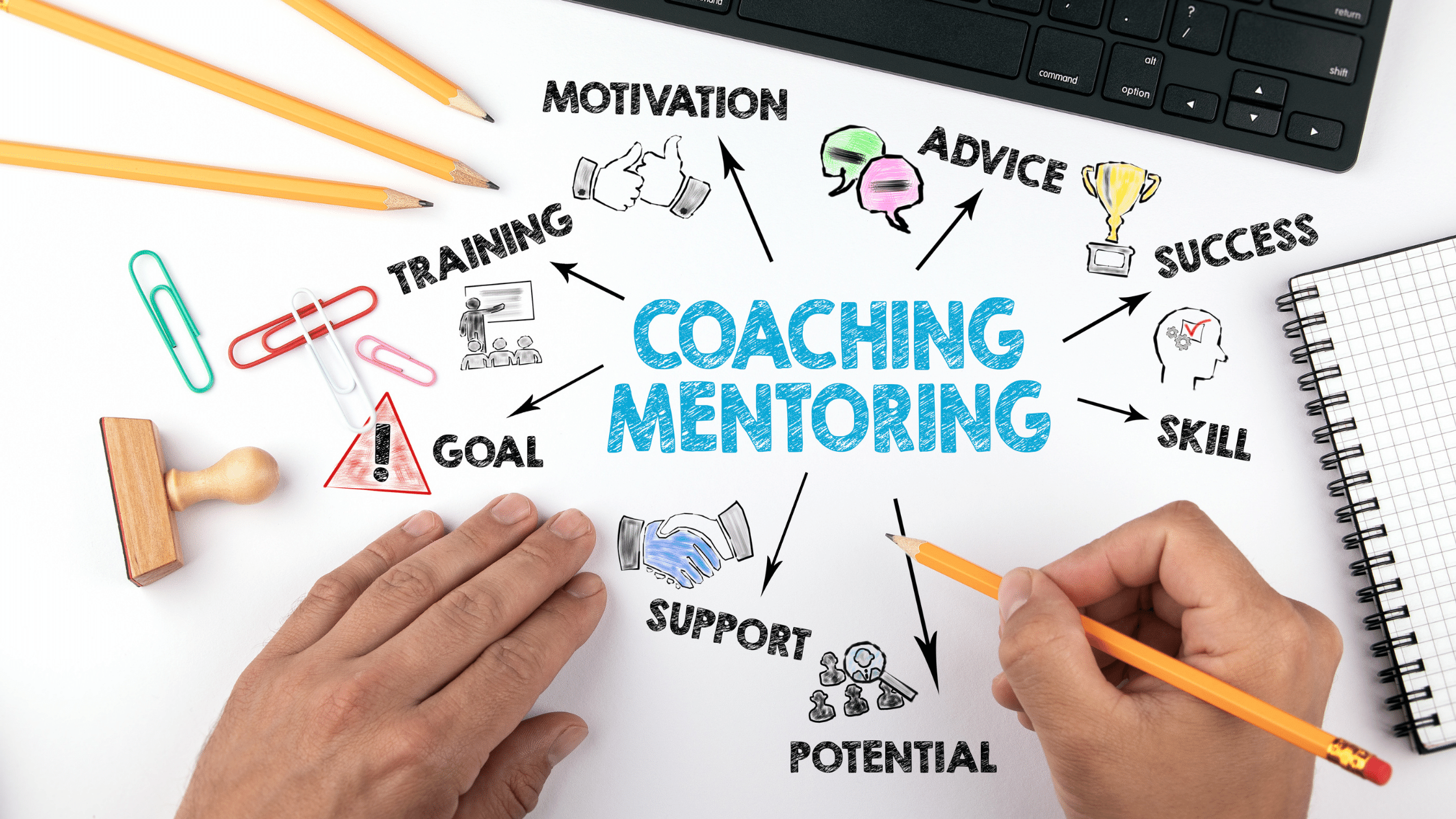Mentorship for new employees is essential. Up to a third of their salary can be spent attracting and recruiting them. Make sure that when they do join your team they're set up for success. In this article, we break down how to start a mentorship programme for new hires.

12 Factors to Consider When Choosing a Mentoring Platform
Mentoring software helps with the mentor-mentee matching, tracking and reporting of your programme so you spend a few hours instead of weeks to manage the programme. Here are 12 key aspects when reviewing mentoring platforms for your programme, including configurability, expertise, automation and reporting.
June 6, 2022
The mentoring software market has been getting more crowded in the last 5 years. Here are 12 factors to review to decide which ones are the best for you.
1. Onboarding
Are you converting from another platform or a manual process?
You can ask for the vendor to import existing profiles and matches for a smooth transition.
You should also look for your vendor to assign a dedicated customer success manager for admin training (usually should be 30 minutes) and if it would be helpful to have a video for the participants to review.
Integration support and other setup items should also be assisted with by the vendor with your IT.
2. Programme Design
Programme design involves going over who the programme is for, programme goals, roles and expectations, duration, expected commitment and acceptance criteria.
Then, based on the programme goals (career guidance programme, high potentials programme etc.), your vendor could provide you with the right matching, structure, training, facilitation, and reporting template so that you don’t have to create yourself.
3. Launch
This is when your mentors and mentees join the programme by registering in the mentoring software system. During this process, it could be as light touch as people registering on the platform or with a kick-off event facilitated by your customer success manager or a professional trainer.
4. Mentor Matching
There are several different solutions here. The decision comes to how high touch you’d like the matching process to be:
- Fully automated?
- Admin to review the suggestions before confirming?
- Mentee or mentor driven?
- Manually assigned?
- Hybrid?
And who will complete the introduction process.
These are some options you can review to see if the vendor you’ll go with carries these.
5. Mentor-Mentee Training
Mentees and especially mentors benefit from training to be good mentors and mentees.
What creates the learning experience in a mentorship program are the mentors.
So the material needs to be professionally prepared, easy to consume (length and video to be considered) and delivered to where employees spend time (email, teams, slack, mobile).
The training should also be ongoing where a training is provided in the beginning and on an ongoing basis.
6. Structure
This is where you can look for flexibility on structure:
- 1:1
- Reverse
- Flash
- Group
- Peer
And how these are laid out. Do you need to launch multiple mentorship programmes for each or can you do it under one roof.
Depending on your preference, you can keep an eye out on this during your research.
7. Tracking
Will you be looking to gather feedbacks on if the relationships are moving forward in a healthy way?
Is the training complete, are mentorship meetings happening, are goals being set?
Are the mentees happy with their mentors?
Are the mentors happy with the mentees?
This data is usually manually collected but you can expect your vendor to have a system here.
8. Reporting
How are you looking to report on this programme?
Usually reporting boils down to how the programme affected careers, skills, and inclusion.
Did your employees make career moves, how is their belonging, are they more confident in their skills?
There are key questions you can ask and this survey should be provided by your vendor and automatically sent based on a schedule.
9. Integrations
Here are the key integrations you can look for:
- Calendar
- Video Call
- Collaboration System
- LMS
- HRIS
Depending on your needs, you can review with your vendor to see if they offer the integrations with your systems.
10. Global Access
Is the vendor GDPR Ready?
Do they carry multiple languages?
You can review this criteria to decide if your vendor can support your programme.
11. Mobile Access
Do you have employees who are on the go that are not desk bound?
If your employees use other tools on mobile, you may want to consider your mentoring platform to be mobile-friendly or have a mobile application as well.
12. Teams/Slack Access
The pandemic turned Microsoft Teams and Slack environments into new offices.
Does your vendor integrate with these systems to provide updates, training, next steps and interactions right where your employees spend their time?
Would this be beneficial to you?
Continue reading
Mentoring software helps with mentor-mentee matching, tracking and reporting of your programme so you spend a few hours instead of weeks to manage the programme. If you're trying to understand if you need a mentoring software, this article could be helpful.
Organisations with powerful leadership are 13 times more likely to outshine their competition. This article provides insightful details on how talent managers can employ innovative techniques to attract and retain high-potential employees through customised training programmes.
Peer learning is a highly effective way of collaboration and, when done right, can do wonders for any organisation. Find out more about peer learning and how to implement it in the workplace with this handy guide.
The challenge of remote working makes mentoring more important now than ever before – to increase morale, performance, and motivation. What new approach should we take to how we're mentoring employees in our new normality? Read on to know more.
Mentorship programmes guide employees to navigate various career complexities seamlessly, regardless of the roles, responsibilities and designations. This article will give you an insight into what mentoring programmes are all about and how to structure them effectively.






